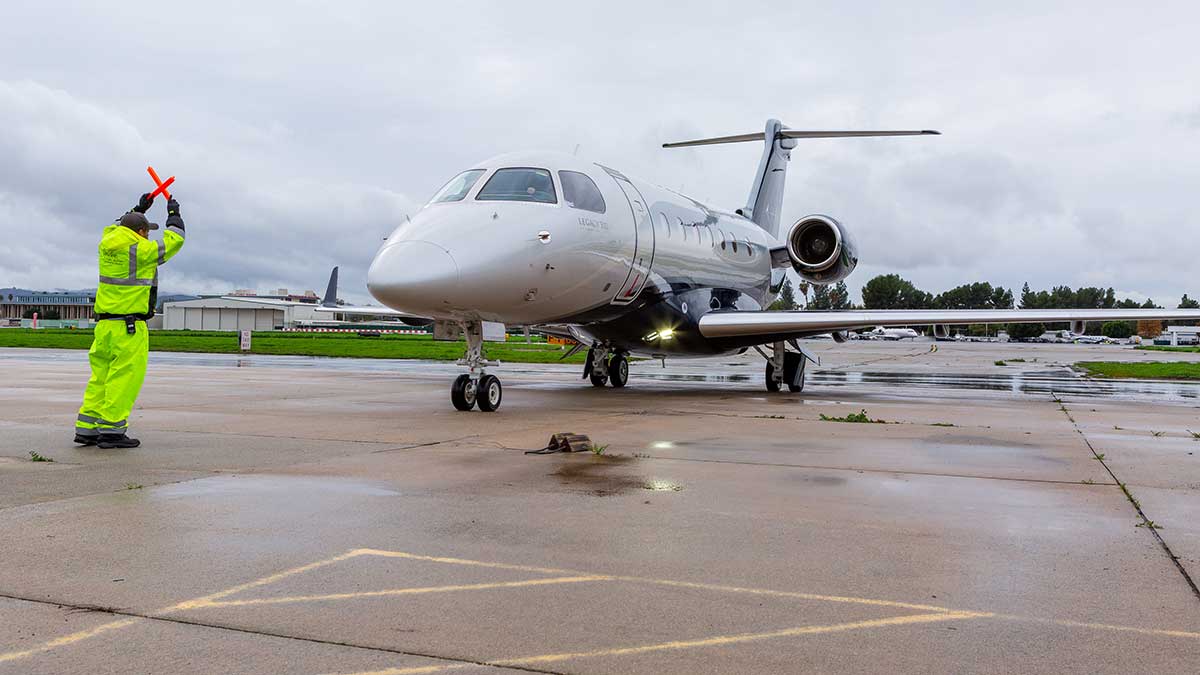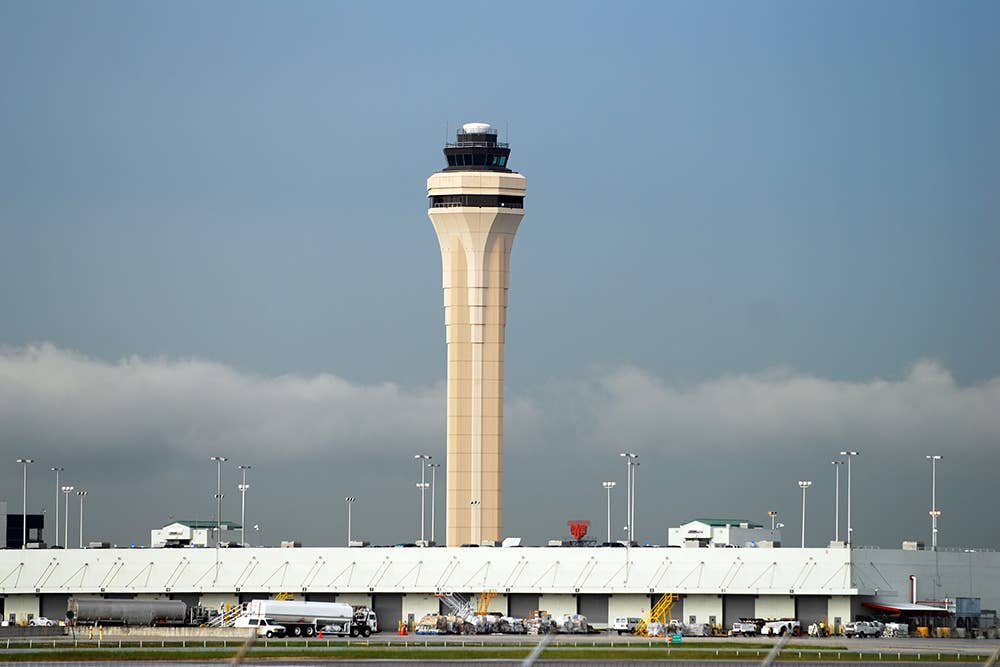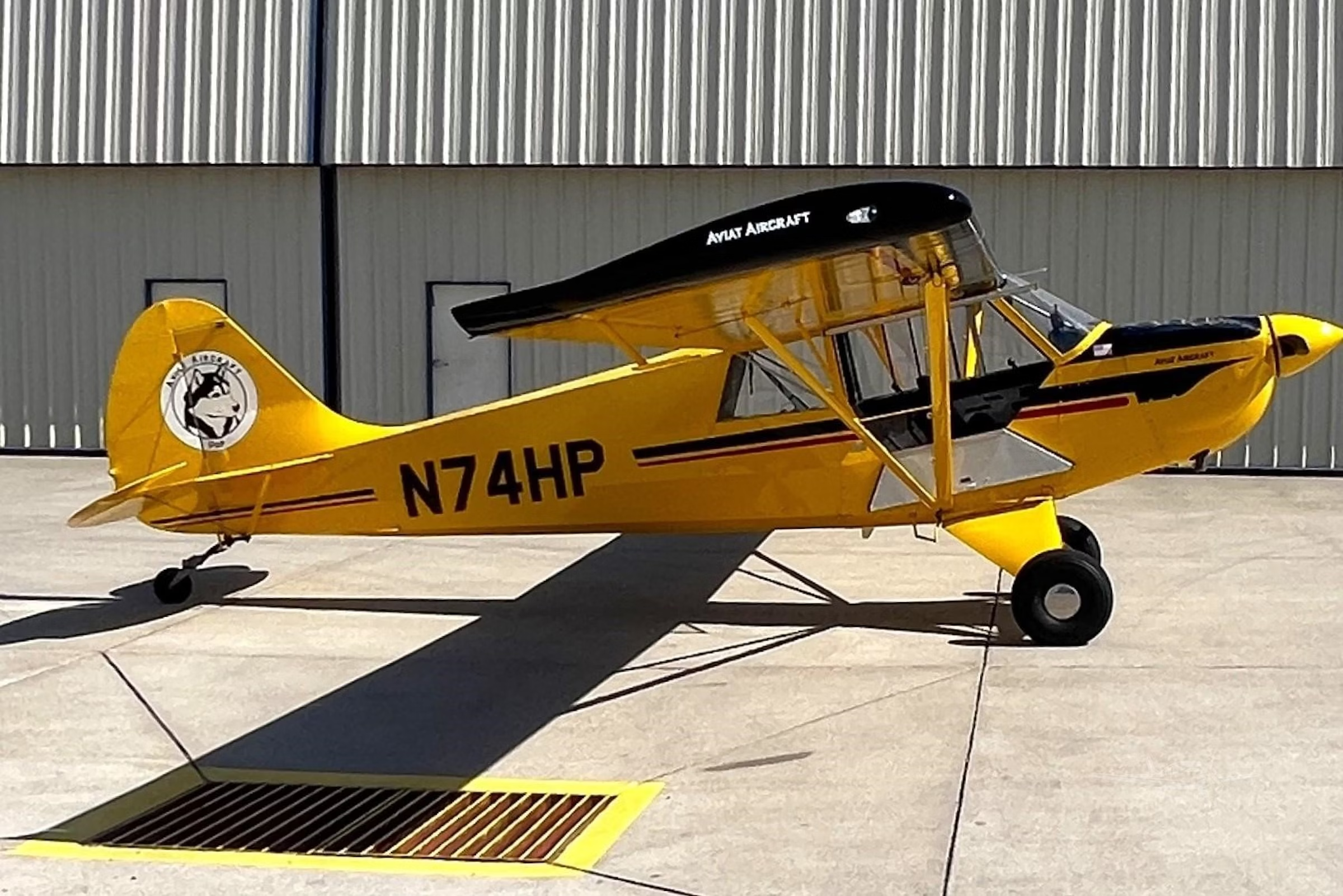
Demonstration flights from the Van Nuys Airport powered by alternative jet fuels aimed to prove the benefits of green fuels in business aviation. Bob Beresh Photography
As southern California was getting pummeled by heavy winter rains last week, leaders of business aviation alphabet groups, including GAMA, NBAA, NATA and IBAC, gathered at the Van Nuys Airport to promote the adoption of sustainable alternative jet fuels (SAJF). Presentations, workshops and demonstration flights during the Business Jets Fuel Green: A Step Toward Sustainability event brought a deeper understanding of the benefits of these fuels.
“This first-ever event focused on business aviation use of SAJF demonstrates the industry’s strong interest in reducing its environmental impacts, particularly its carbon emissions,” said Kurt Edwards, director general of International Business Aviation Council (IBAC). “SAJF represents a critical measure to help meet the sector’s global commitment to halve carbon emissions by 2050 relative to 2005 levels.”
At the event, Avfuel delivered its first truckload of sustainable jet fuel to a business aviation airport after partnering with biofuels company Gevo last summer. “In our production process, not only do we produce renewable jet fuel, we also can produce large quantities of protein for the food chain and even sequester carbon in the soil,” said Gevo’s CEO, Patrick Gruber. “In fact, for every barrel of bio jet fuel produced by Gevo, we could produce approximately 420 pounds of protein and sequester up to 60 pounds of carbon back into the soil.” Gevo plans to expand its Luverne, Minnesota-factory to increase its production capability to 10 million gallons per year.
Also represented at the event was World Fuel Services, which has produced sustainable fuels since 2016 in partnership with Paramount, California-based World Energy. “World Energy’s SAJF has been independently certified to reduce GHG emissions in excess of 60 percent relative to petroleum Jet-A,” said Bryan Sherbacow, COO of World Energy. “Importantly, turbine criteria pollutants are significantly lowered in a flight’s life-cycle, primarily upon takeoff and landing, providing local solutions to airport communities such as Van Nuys.”
To prove that the new fuels are safe, the event included demonstration flights with business jets from Embraer, Gulfstream and Bombardier. The aim of these flight was also to show business aviation’s commitment to reducing aircraft carbon emissions and to prove that SAJF don’t impact aircraft performance, but rather benefit the airport and surrounding communities by reducing particulate matter.
“Our industry is uniquely poised to make a huge, positive difference in the fight against climate change – not by changing how much we fly, but by changing how we fuel,” said Bombardier Business Aircraft’s president David Coleal, who is also the chair of GAMA’s Environmental Committee. “SAJF will enable a future of clean, efficient propulsion in business aviation: their advantages are real and current – we can benefit from the regular use of SAJF not just in our lifetime, but immediately, starting today.”

Sign-up for newsletters & special offers!
Get the latest FLYING stories & special offers delivered directly to your inbox






